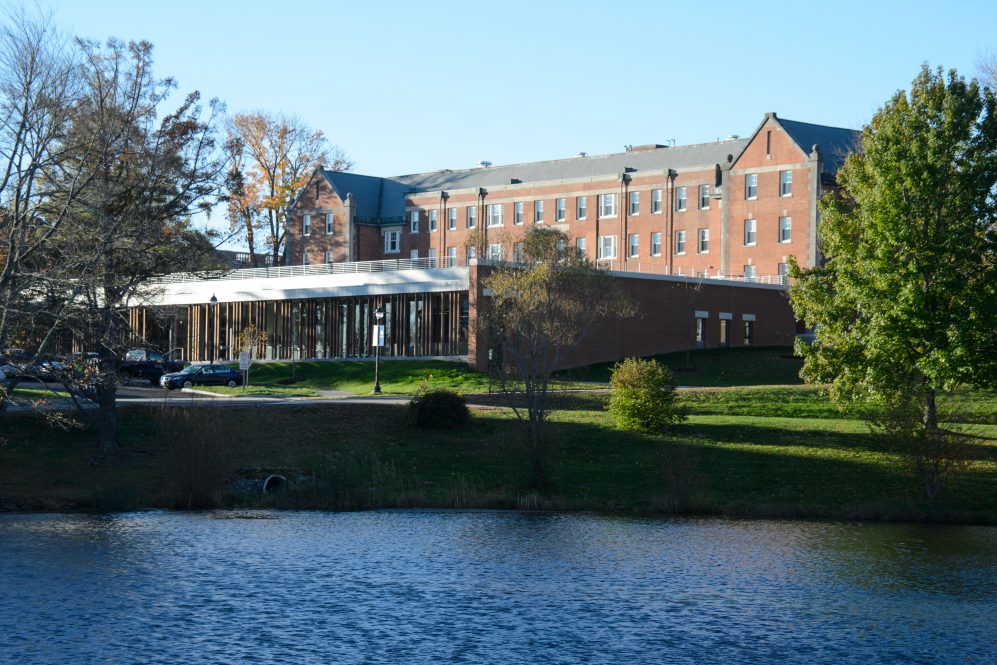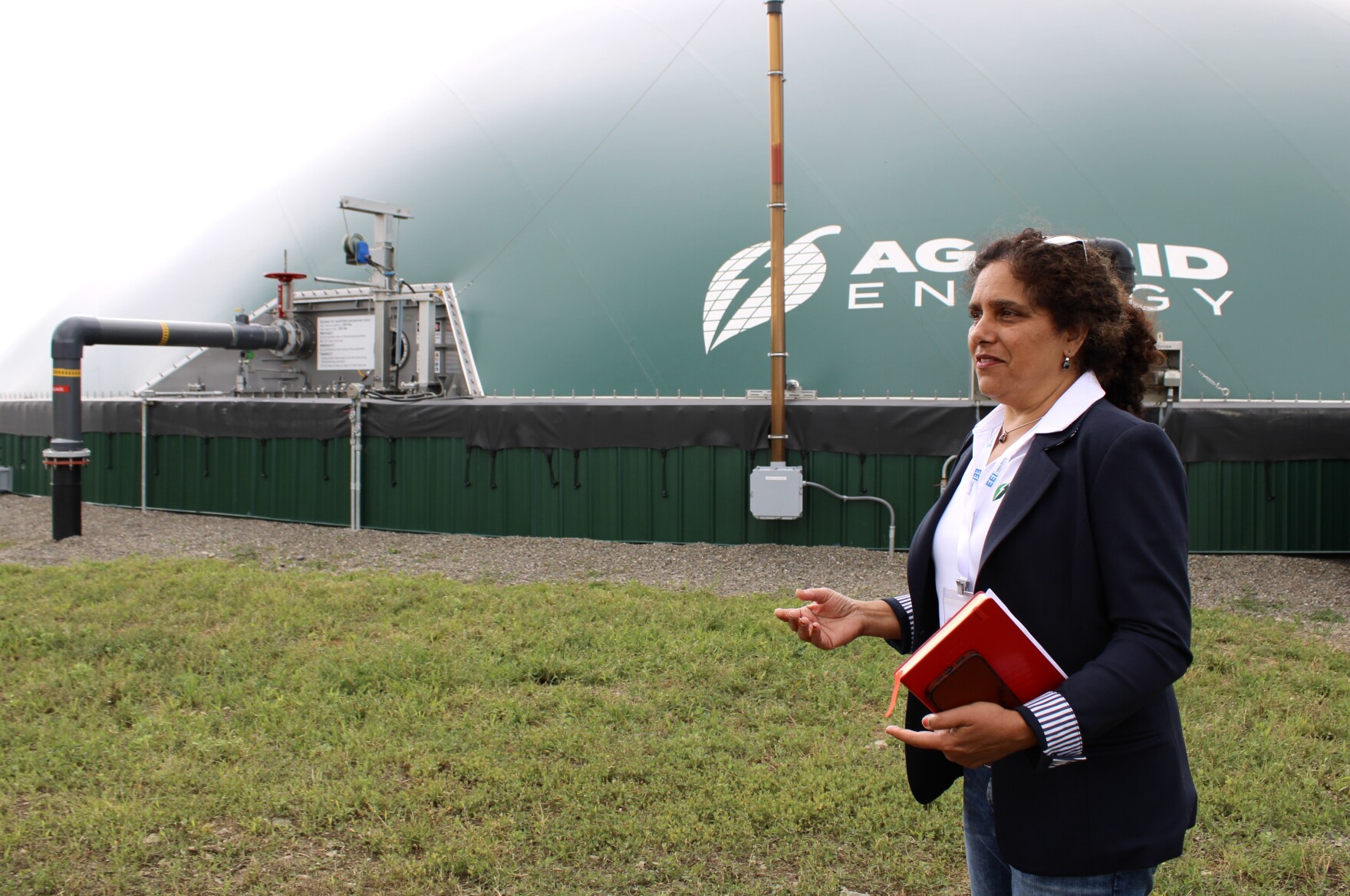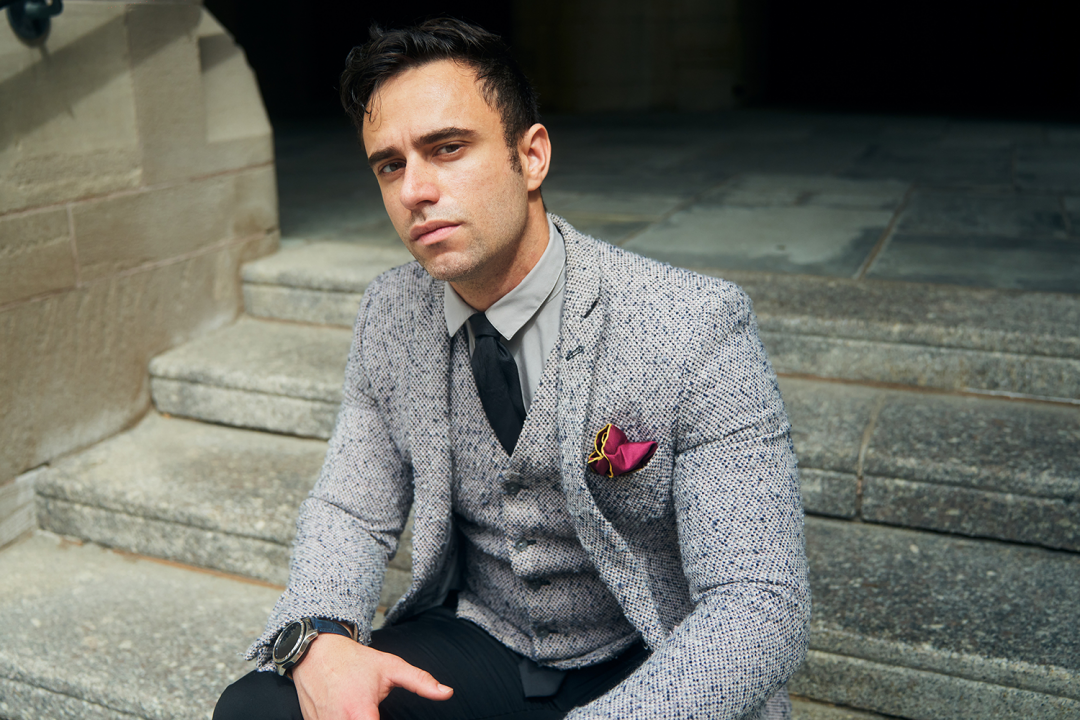Netsayi Chimenya ’27 (NURS), RNM-MSN, knows first-hand the difficulties of working as a nurse in an environment that is understaffed and under-resourced. Having worked and trained in Malawi, Africa as a children’s nurse she is a witness to many challenges surrounding infant care.
With a shortage of healthcare workers and a high burden of patients, Malawi is faced with a high infant mortality rate. Chimenya says at times they could be working in units where there are three nurses to 60 or 70 babies.
While they try their best to provide care, they are simply not able to give everything to everyone. This leads to some tasks being left up to the mother.
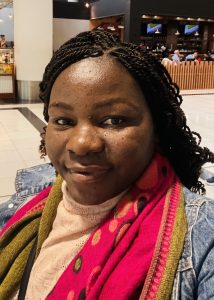
“When everyone comes to do research in Malawi, they’re usually talking about empowering healthcare workers,” Chimenya says. “But we also have moms who are a huge part of doing those tasks that nurses are supposed to do.”
One of those tasks is nasogastric (NG) or orogastric (OG) tube feeding: a thin and soft tube that is inserted through the nose or mouth to deliver food to the pre-term infant’s stomach. The motion of feeding is very complicated for a pre-term infant which makes the NG/OG tube feeding a crucial part in the baby’s growth and nutrition.
Chimenya says they have moms who are not taught what tube feeding is and how to monitor complications. At the same time, they expect that they should be providing specialized care for their sick babies.
When complications do arise, they don’t have a solid reason as to why the problem occurred because the tasks were left to the mothers who are not properly trained. She says some of those problems – respiratory, stomach irritation, or cardiac arrest – can be caused by the NG/OG tube being inserted incorrectly.
“So, I thought maybe we should target these moms and have an education program so that we empower them to do this task as we want them to do because we rely hugely on moms,” Chimenya says.
Since Malawi doesn’t have a direct neonatal nursing pathway, Chimenya started looking at schools in the UK and the US that would best fit her research.
“When I was applying to UConn, I saw that Dr. Casavant has done a lot of research with pre-term babies,” she says. “I felt like she was a good fit for my interests, and she’s been supportive with my topics.”
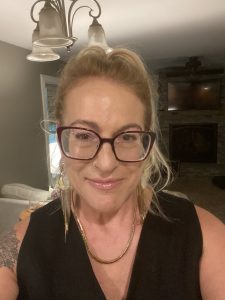
“She essentially sent me what could be a very rough draft of a dissertation proposal before she had even applied for the program,” says Sharon Casavant, Ph.D., RN, assistant professor.
“What I love about Netsayi is that she’s always hungry. If I see something that I think she could apply for and she would be eligible for, I just kind of toss it her way and she goes for it.”
Already, Chimenya was accepted to the New York Academy of Medicine’s (NYAM) Forum on Intercollegiate Regional Events (FIRE) for Social and Academic Discourse and the UConn Graduate Student Research Symposium.
FIRE is a planning group showcasing doctoral student work and is comprised of nursing doctoral program directors and students from ten tri-state area schools in NY, CT, and NJ.
The event was on April 29, 2025, where Chimenya got to present her research. “I got good feedback, networked, and established connections with professors and students from other universities,” she said.
“It’s a really big deal to have an abstract accepted to the National Academics of Science in New York,” says Casavant. “She’s just amazing and she’s so committed to her babies and to Malawi. It’s beautiful. She’s a very hard worker and very, very, bright.”
The UConn Graduate Student Research Symposium is a poster competition that took place on April 23, 2025.
Any UConn graduate student is eligible to apply and present their research. Chimenya was one of hundreds to be selected to attend. Even though she didn’t win, she received praise from the judges on her work.
“To make matters more exciting, when we went to the pre-workshop, it was only two first-years and I think I was the only nurse,” says Chimenya.
“It has really motivated me to work on my own topic because other people are accepting it,” Chimenya says.
With an already accomplished start, Chimenya doesn’t plan on slowing down anytime soon.
“I’m really excited to be working with Sharon and the other experts who are doing infant nutrition at UConn, and I feel like this is the right place for me to augment my science and I’m here to update my skills,” she says.
She intends to bring the knowledge and research she has acquired here back to Malawi to help “the healthcare workers, the mothers, and the children.”
When recounting her experiences at UConn so far, she emphasizes that she has already been taught so much.
“We are used to being under pressure and under-resourced and we are used to improvising,” she says. “Coming to a country where they have the resources, and they do things in an ideal way has taught me a lot.”
Chimenya wants to impart the knowledge she has learned here when she returns home. She aims to bridge the gap between Malawi and the U.S. with the connections and relationships that she has made here.
She’s expecting that when she goes back to Malawi to establish a research unit, “it will have a huge impact on infant health that is going to benefit a lot of children in Malawi.”
